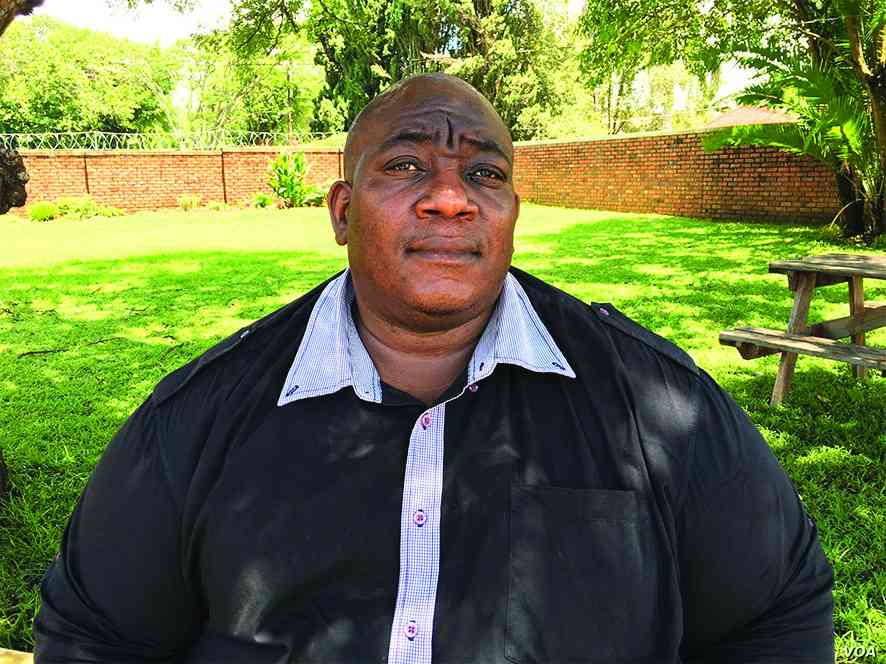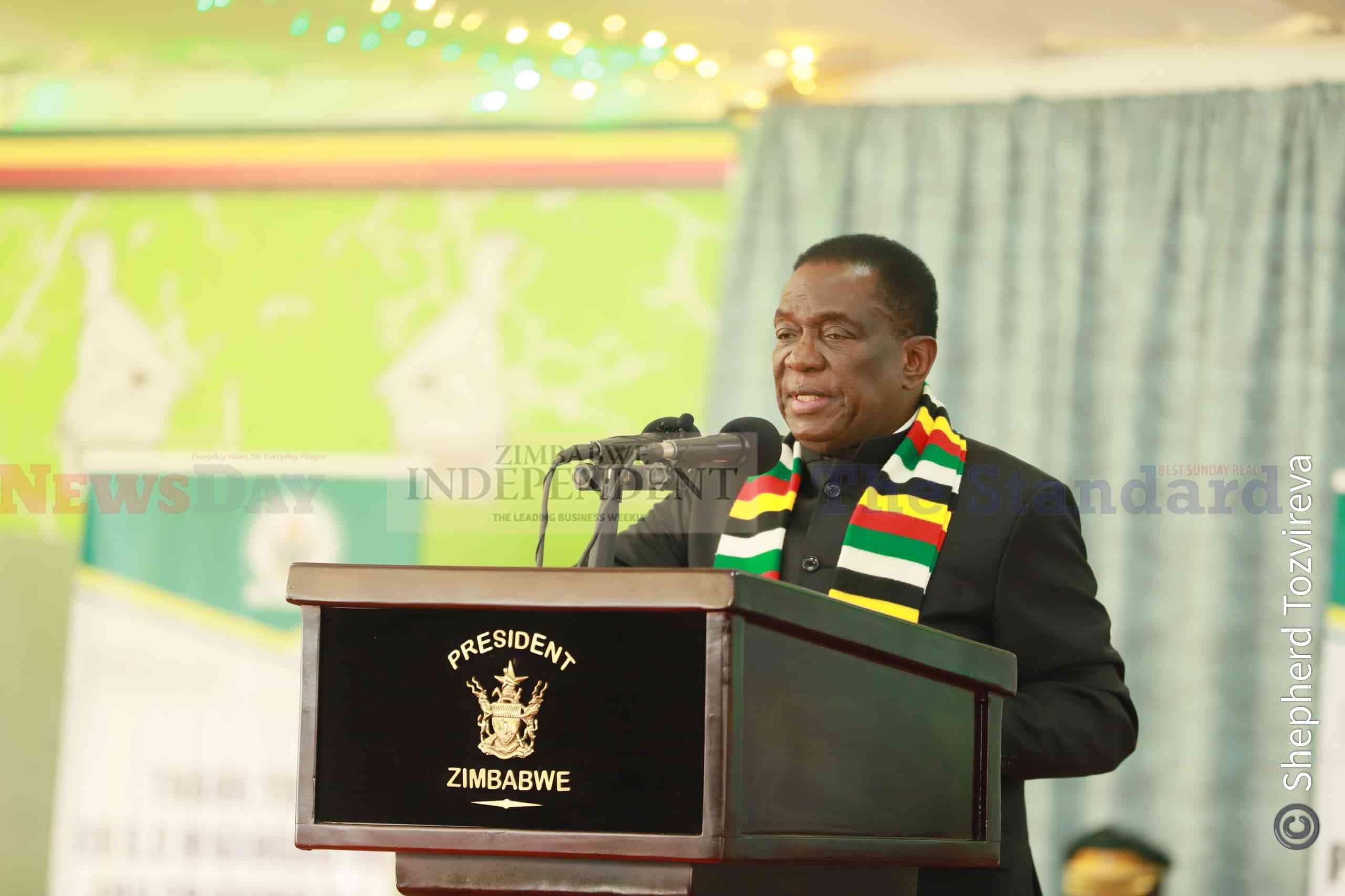TOBACCO auction and contract seasonal sales rose by 42%, raking in $125,83 million as of Wednesday last week compared to the same period last year as deliveries increased ahead of the Easter and Independence holiday.
BY TATIRA ZWINOIRA
The Easter and Independence holidays ran from Friday up to yesterday.
Tobacco Industry and Marketing Board (TIMB) spokesperson Isheanesu Moyo told NewsDay yesterday that though the current tobacco season was benefitting from the rainy season, last week saw tobacco farmers rush to the floors in search of cash ahead of the holidays.
“The deliveries this season are generally higher, although due to the holidays people wanted to raise money for the holidays because the floors were going to be closed from Friday through to Tuesday (yesterday). People wanted to make money for the holidays so that they could use that money. But, generally this season is better than last season in terms of deliveries,” he said.
“We had some good rains, but the rains caused some leaching though that can be adjusted by simply applying ammonium nitrate.”
Keep Reading
- Chamisa under fire over US$120K donation
- Mavhunga puts DeMbare into Chibuku quarterfinals
- Pension funds bet on Cabora Bassa oilfields
- Councils defy govt fire tender directive
TIMB reported on Wednesday the volume of tobacco sold was up 42,44% to 46,94 million kilogrammes. In the same period last year, the volume of tobacco sold was 32,95 million kg sold at a value of $88,9 million.
The average price per bale sold on the day under review was $2,68 which was slightly down from $2,70 recorded over the same time frame last year.
Tobacco bale sales were 630 692 from last year’s 412 726.
However, there was an increase in the rejected bales of 28,48% to 40 520 from 2016’s 31 539 comparatively.
Tobacco is one of the largest foreign currency earners.
Zimbabwe’s fiscal position is projected to see a modest recovery in 2017 due to increased tobacco harvests and higher commodity prices, according to international financial research body, BMI Research.
Both the Reserve Bank and Treasury have been relying on the increased sales of tobacco to improve the dire liquidity position in the country.





